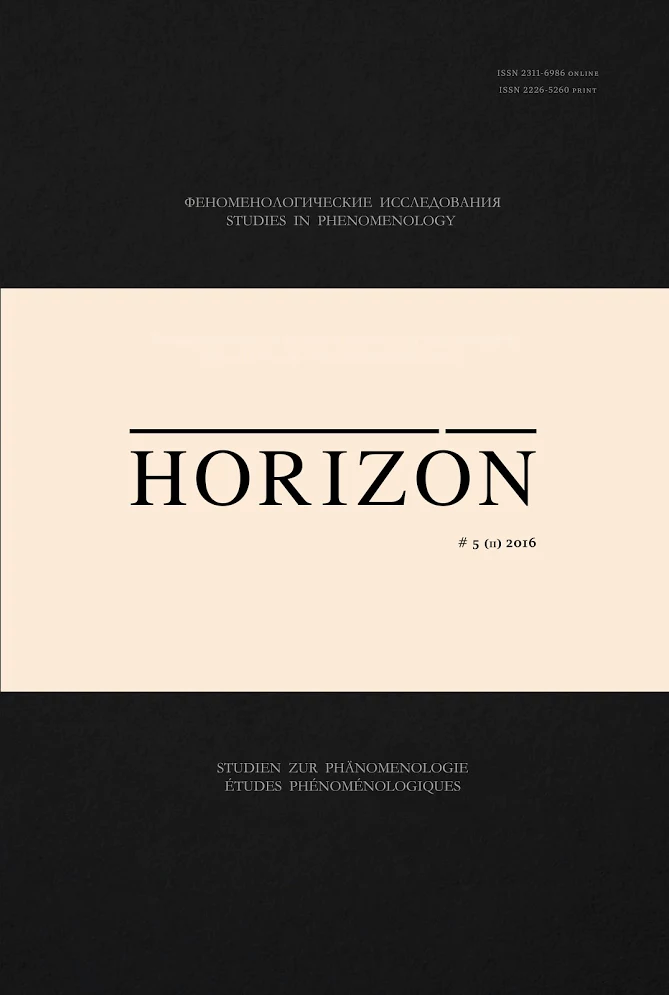МАРТИН ХАЙДЕГГЕР В ЦОЛЛИКОНЕ: ВОЙНА МИРОВ?
MARTIN HEIDEGGER IN ZOLLIKON: THE WAR OF THE WORLDS?
Author(s): Tomas SodeikaSubject(s): Contemporary Philosophy, Existentialism, Psychoanalysis, Phenomenology
Published by: Издательство Санкт-Петербургского государственного университета
Keywords: Boss; Daseinsanalysis; Heidegger; openness of being; practice; psychotherapy; theory; war;
Summary/Abstract: It is usually assumed that the main goal of seminars delivered between 1959 and 1969 by Martin Heidegger to the Swiss Psychotherapists in Zollikon were the philosopher’s attempt to make his own philosophy useful. According to Medard Boss, Heidegger’s “philosophical insights” can be useful insofar as they can serve as a theoretical basis of psychotherapeutic practice. But such an interpretation of Heideggerian philosophy could hardly be acceptable to Heidegger himself. One of the main features of Heideggerian thinking is the longing to return to the primordial θεωρία, i.e. to the knowledge as an aim in itself. Therefore, the relationship between Heidegger’s thought and Boss’ Daseinsanalysis can be understood as a kind of “war of the worlds” between psychotherapy that seeks to turn philosophy into a means of increasing the efficiency of the practice and philosophy that seeks to preserve the status of θεωρία. However this “war” belongs to another dimension too. “War” can be understood as πόλεμος mentioned in the 53rd fragment of Heraclitus, i.e. as a tragic action, through which the openness of being is accomplished. In the article this action is viewed through the prism of the confrontation of the two modes of attunement (Befindlichkeit), which Heidegger calls the“resoluteness” (Entschlossenheit) and “detachment” (Gelassenheit). These modes can be thought of as two emotional spaces, a confrontation of which Heidegger himself has experienced when he was treated by the psychotherapist Viktor von Gebsattel in 1946. In the fight between “resoluteness” and“detachment” the openness of being is accomplished. But in order to participate in this openness, it is necessary to hear it as call and to accept as challenge. Such call Heidegger hears first and fore most in the language of poetry. The proximity of poetry and philosophy he recognizes as a “dangerous proximity”. But, according to Heidegger, this is the “healing danger”, because exposing ourselves to it, we participate in the “war of the worlds”, in which the openness of being is accomplished. It seems that similar “healing danger” arises from proximity of philosophy and psychotherapy. If so,then the Zollikon seminars can be viewed as Heidegger’s trial to enter into the “war of the worlds”as the openness of being.
Journal: Horizon. Феноменологические исследования
- Issue Year: 5/2016
- Issue No: 2
- Page Range: 46-73
- Page Count: 28
- Language: Russian

